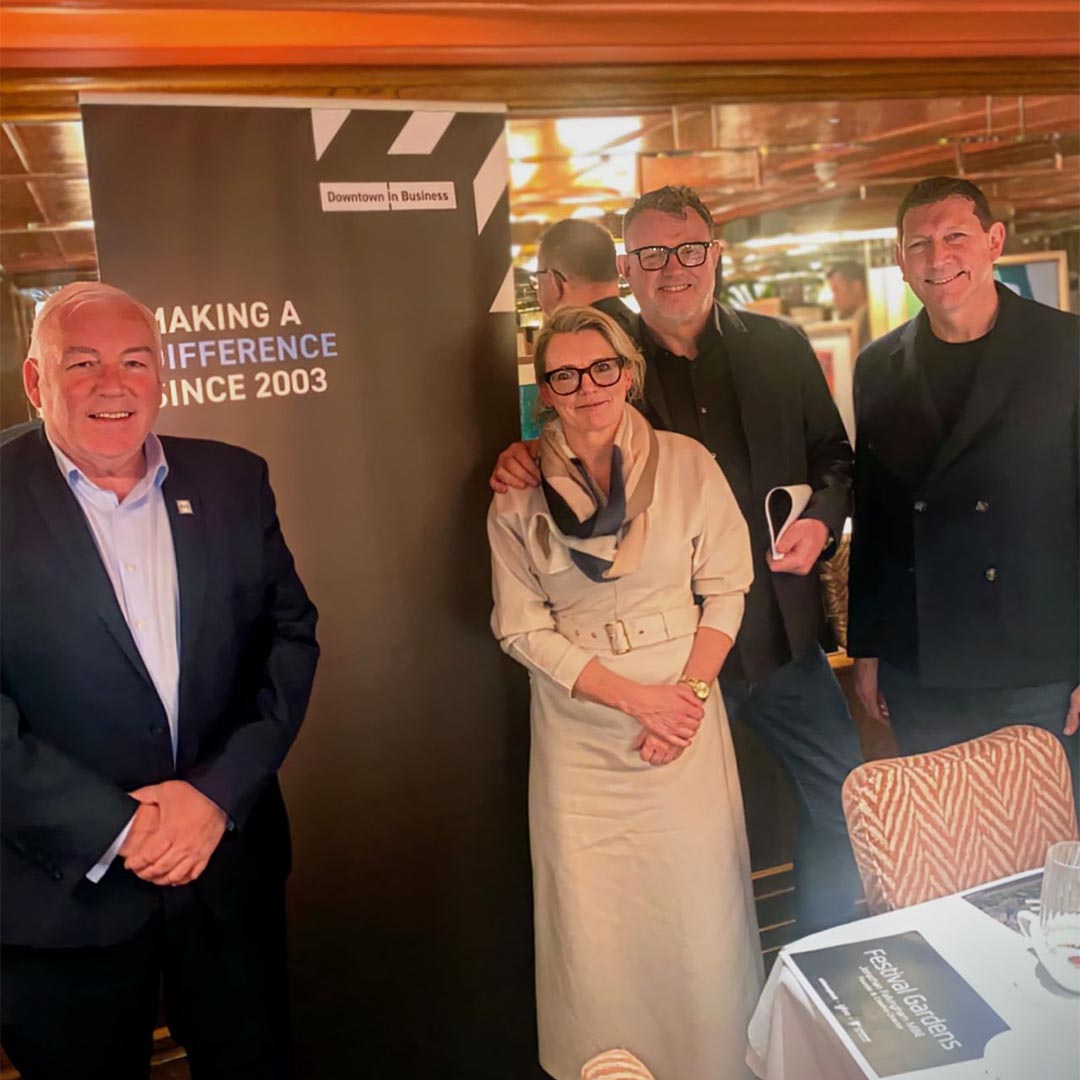Grant Thornton UK LLP has launched a new AI-based tool to help companies in the Midlands navigate the forthcoming IR35 rule change – one of the biggest shifts in tax law in recent years.
In April 2020, the responsibility for determining the employment status of contractors – Off Payroll Workers (OPW) – is moving and will mean businesses could now be liable for PAYE and National Insurance Contributions on their population of freelancers and consultants.
The rule, known as IR35, created significant upheaval when it was introduced in the public sector in 2017 and the guidance system HMRC has produced – the ‘Check Employment Status for Tax’ tool (‘CEST’) – has already been the subject of widespread criticism.
In response to these concerns, Grant Thornton has created a new OPW client solution to support companies set to face increased tax obligations in respect of contractors. The AI- based tool guarantees a decision every time and includes a risk rating to highlight the potential for challenge to the status decision, along with a database to store and monitor the status of the new and existing OPW population, and notifications for periodic reassessment of each OPW while they continue to be engaged. When an OPW is deemed to be employed, the tool provides practical guidance, including the agreed payroll operation and dispute resolution process.
Michelle Perry, Head of Employment Tax at Grant Thornton UK LLP in Birmingham, said: “The IR35 change will impact a huge range of businesses in the Midlands. There has been a lot of focus on the construction industry but the reality is far reaching as so many businesses engage with consultants, contractors and freelancers on a sustained basis. The new rules can be difficult to navigate for companies and many are still struggling to prepare. Leaving it too late could certainly be costly.”
Grant Thornton’s offering builds on the firm’s experience with IR35 in the public sector, where blanket approaches to the legislation change in April 2017 resulted in significantly increased costs of engagement and reduction of supply chain, particularly in areas such as IT and finance, where workers prefer to operate as freelance consultants.
Michelle Perry added: “As well as avoiding falling foul of the new rule, there is also an opportunity here for organisations to address their wider resourcing strategy. There is a lot to be said for stepping back and reviewing the most effective and efficient way to create value from their people.”









